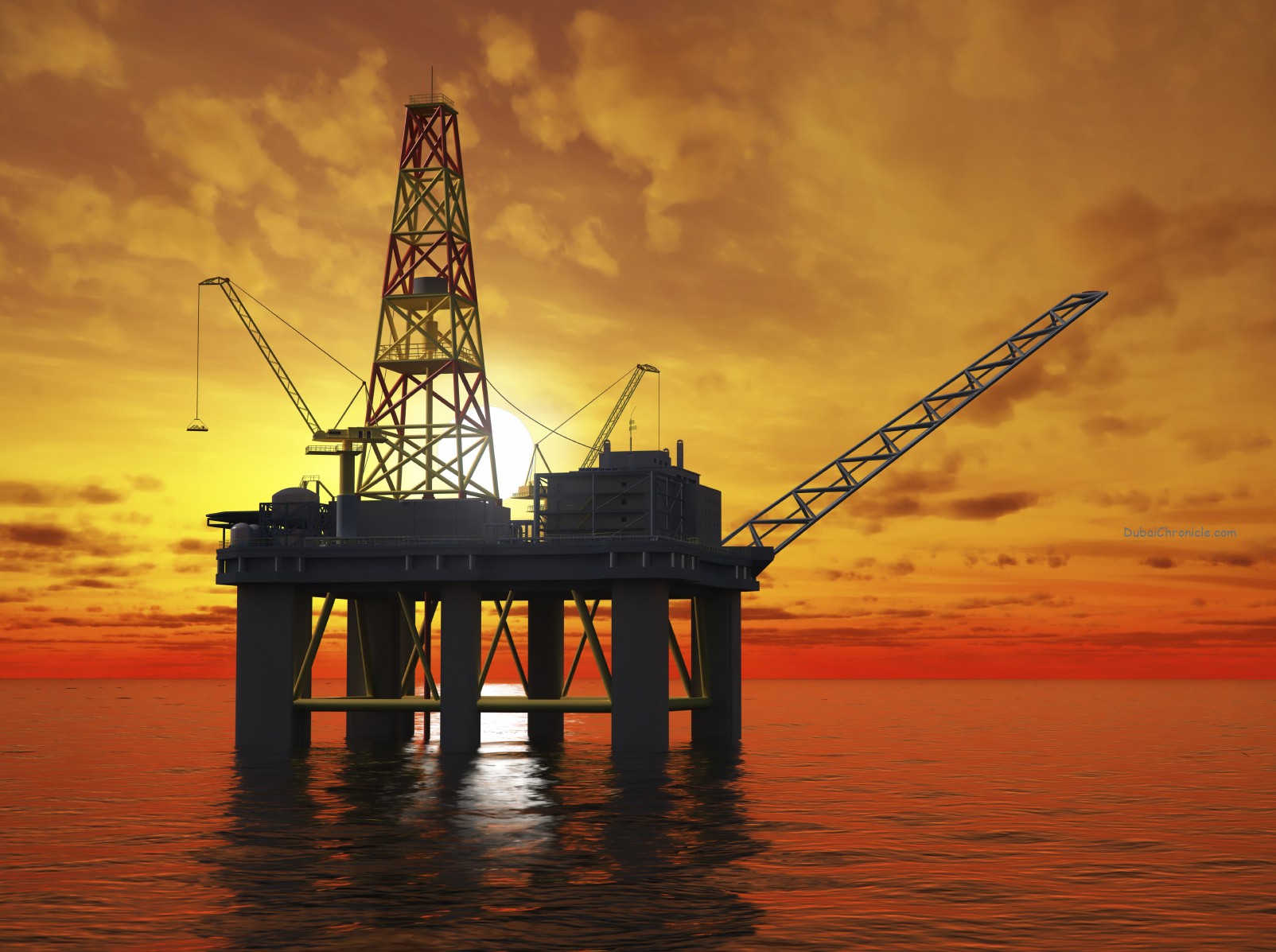Suhail bin Mohammed Faraj Faris Al Mazrouei, Minister of Energy stressed that the UAE is seeking to increase its production capacity to 3.5 million barrels per day of crude oil to contribute to the stability of global markets and ensure the long-term obligations with consumers.
In a speech at the opening session of the “21st Annual Middle East Petroleum and Gas” which began today in Jumeirah at Etihad Towers – Hotel Abu Dhabi, Al Mazrouei said that ” The recent events have proven that focusing on the security of energy is necessary in order to address natural disasters and geopolitical tensions as well as other unanticipated situations which occur periodically in the world. In this regard the government of the UAE undertook to construct an oil pipeline connecting Habshan-Fujairah to guarantee crude oil supplied to world market” Following is the full speech of UAE’s Energy Minister: The 21st Annual Middle East Petroleum ‘&’ Gas Conference Annual Middle East Petroleum and Gas Conference It is my pleasure to welcome you all to Abu Dhabi on the occasion of the official opening of the 21st Annual Middle East Petroleum and Gas Conference which is considered one of the most important events in the Petroleum and Gas Industry calendar.
I am sure you will benefit from this opportunity over the coming two days to discuss the oil and gas market and identify the medium and long-term challenges facing the industry.
Allow me to begin by saying a few words about the future and my perception of the role new technologies will play in the energy sector. Success in the application of these technologies has generated new horizons in oil and gas production. As a consequence hydrocarbon reserves in difficult and complex reservoirs can be calculated and gas and oil shale are being produced from unconventional sources.
In the UAE we are utilizing the opportunities afforded to us by these new technologies to the utmost degree. There is no doubt that the days of easy discoveries are over and future exploration for oil could be difficult and costly. The optimal path forward is rooted in the employment of best international practices to improve Enhanced Oil Recovery.
Ladies and Gentlemen There is no doubt in my mind that this is the opportune moment for investment in the hydrocarbon industry. Some scenarios stipulate that world oil demand will increase by million bbl. /day till it reaches 105 million bbl. /day by 2030. Other more optimistic scenarios stipulate the rise in demand to reach 112million bbl. /day. Nonetheless, as a consequence of the fact that many oil fields in the world have reached maturity many oil producing countries will not be in a position to significantly increase their production.
Global economic and population growth results in continual increase in the demand for energy. Within this context I would like to draw attention to the economic growth evidenced within the emerging markets of Asia and South America leading to the rise in energy demands in the region.
Based on this perspective, the government of the UAE has prioritized the energy sector in line with the following considerations: a) Cooperating with members of the organization of Petroleum Exporting Countries (OPEC) to contribute to the balance and stability of world oil markets.
B)Diversifying outsources of energy through investment in complimentary renewable sources, particularly increasing utilization of solar and atomic energy.
C)Employing cutting- edge technologies to discover and exploit hydrocarbons D)Protection of the environment and conservation of energy usage in the UAE.
Based on the above highlighted themes the Ministry of Energy is currently developing a comprehensive strategy at the national level, taking into consideration the continually increasing local demand in energy, the importance of diversification of energy sources, conservation of energy and protection of the environment.
Nuclear energy is expected to account for 25% of power production within the UAE through the operation of four nuclear power plants which will generate 5.6 gig watts of electricity. The UAE has already embarked on generating electricity through its solar power plant Shamis One with a production capacity of 100 MW. Shamis One is considered the largest of its kind in the region. Furthermore, the UAE is working on a strategy that will raise the percentage of energy from renewable sources.
In addition to the above, recent events have proven that focusing on the security of energy is necessary in order to address natural disasters and geopolitical tensions as well as other unanticipated situations which occur periodically in the world. In this regard the government of the UAE undertook to construct an oil pipeline connecting Habshan – Fujairah to guarantee crude oil supplied to world markets. The UAE is also hard at work to raise its crude oil production capacity to 3.5 million bbl./day in an effort to contribute to the stability of world oil markets as well as live up to our long-term commitments to consumers.
In spite of the uncertainty facing the oil industry in general and demand for oil in particular, it is certain that the era of oil is still flourishing and demand in the long-term is expected to increase. In addition oil producing countries such as the UAE are continuing with their investments in production capacities to meet the steadily increasing demand.
We wish the conference every possible success and we look forward to welcoming you on similar occasions in the future.




































